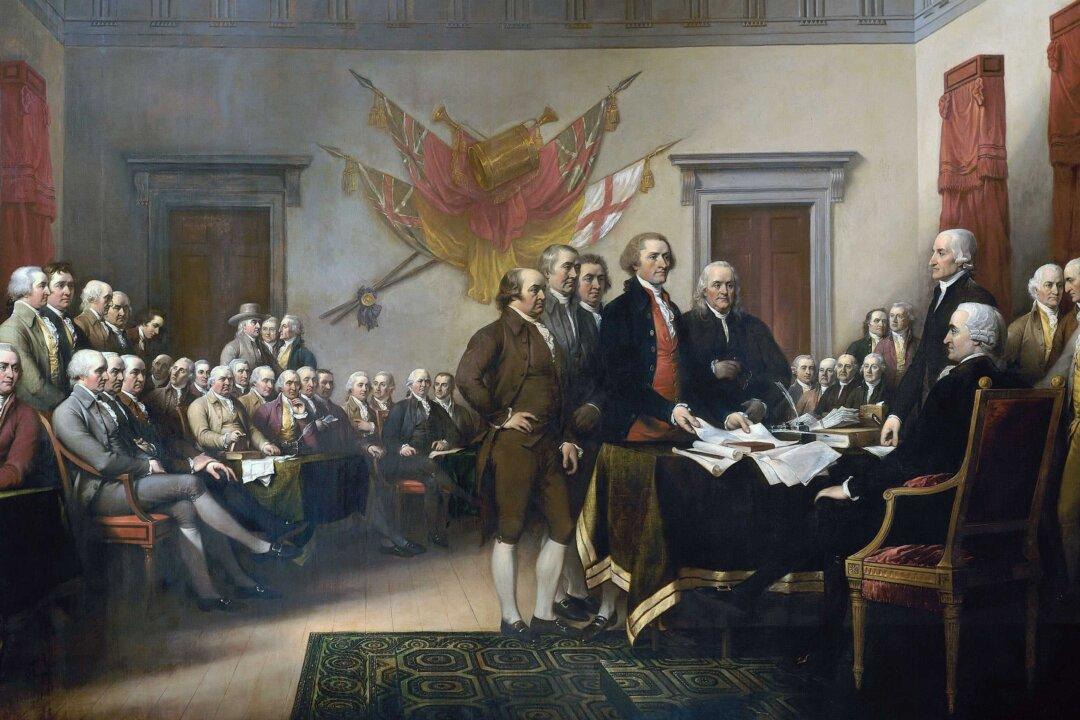Commentary
Until a half century ago or so, there was a moral consensus, however fraying, that informed and shaped the exercise of freedom in the Western world. The self-determination of human beings, of citizens in self-governing political orders, presupposed a civilized inheritance that allowed free men and women to distinguish, without angst or arduous effort, between liberty and license, good and evil, honorable lives and dissolute and disgraceful ones. Few would have suggested that liberty and human dignity could long flourish without a sense of moral obligation and civic spirit on the part of proud, rights-bearing individuals.



